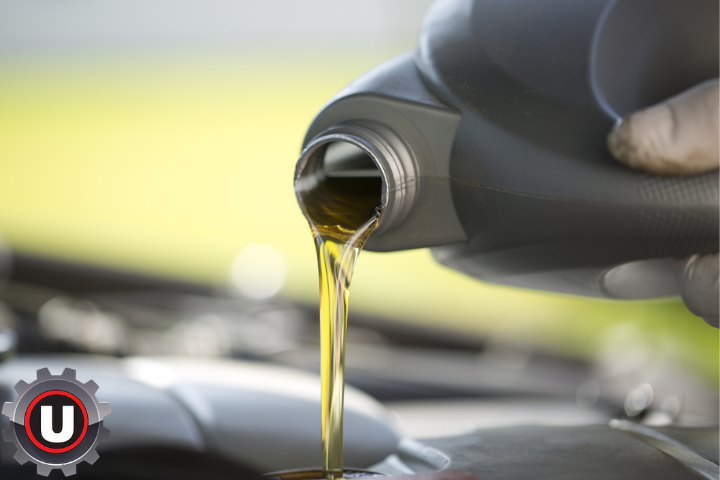When it comes to vehicle maintenance, the right oil can make all the difference in performance, longevity, and overall health. At Universal Auto Spares, we often encounter questions about the differences between petrol and diesel engine oils. Given the importance of choosing the right oil, we've decided to delve into this topic in detail.
A Quick Primer on Engine Oils
Before diving into the specifics, it's essential to understand why engine oil is crucial. Engine oil serves multiple purposes:
- Lubrication: Reducing friction between engine parts.
- Cooling: Dissipating heat from engine components.
- Protection: Shielding against wear and tear.
- Cleaning: Holding onto and removing contaminants and debris.
Different engines require distinct formulations of oil to cater to their specific needs. Now, let’s break down the differences between oils tailored for petrol and diesel engines.
The Key Differences Between Petrol and Diesel Engine Oils
-
Additive Package: Both petrol and diesel engine oils contain additive packages, but their compositions differ. Diesel engine oils typically have higher concentrations of dispersants and detergents to handle the larger amounts of soot and contaminants produced in diesel combustion. Moreover, diesel oils may have added anti-wear agents, ensuring protection in high-load conditions common in diesel engines.
-
Viscosity: Diesel engines often require oils with higher viscosity. This is due to the different combustion characteristics and higher operating temperatures found in diesel engines. Viscosity refers to the oil's resistance to flow; a higher viscosity oil is thicker and can offer better protection in heavy-duty scenarios.
-
Anti-oxidants: Diesel engine oils usually contain more anti-oxidants. Why? Diesel combustion processes lead to the creation of more oxidation by-products. These anti-oxidants help counteract the oxidative processes, thereby increasing the oil’s longevity.
-
Base Oil: The base oil used in diesel formulations tends to be more robust and durable than that used in petrol engine oils. This ensures that the diesel engine oil remains stable even under extreme pressures and temperatures.
-
Acidity: Diesel fuel contains more sulfur than petrol. As a result, diesel engine oils need to be formulated to handle higher acid levels produced during combustion. They achieve this by incorporating a stronger base package to neutralize these acids and prevent corrosion.
The Importance of Choosing the Right Oil
A mismatch in engine oil can lead to:
- Reduced fuel efficiency
- Increased engine wear
- Shortened engine lifespan
- Potential voiding of warranties
Always refer to your vehicle's owner manual to determine the right type of oil. If you're unsure, don't hesitate to consult professionals, like our team at Universal Auto Spares, to guide you.
Closing Thoughts
While petrol and diesel engine oils have some fundamental similarities—primarily, their foundational purpose of protecting and optimizing engine performance—their differences are critical. These differences are born out of the unique needs and challenges posed by each engine type.
As vehicle enthusiasts and professionals, we at Universal Auto Spares encourage every car owner to invest time in understanding and choosing the right engine oil. It's not just about improving performance; it's about ensuring that your vehicle remains a reliable companion on the road for years to come. If you have any questions about engine oils or any other auto spares, our doors (and inboxes) are always open!









